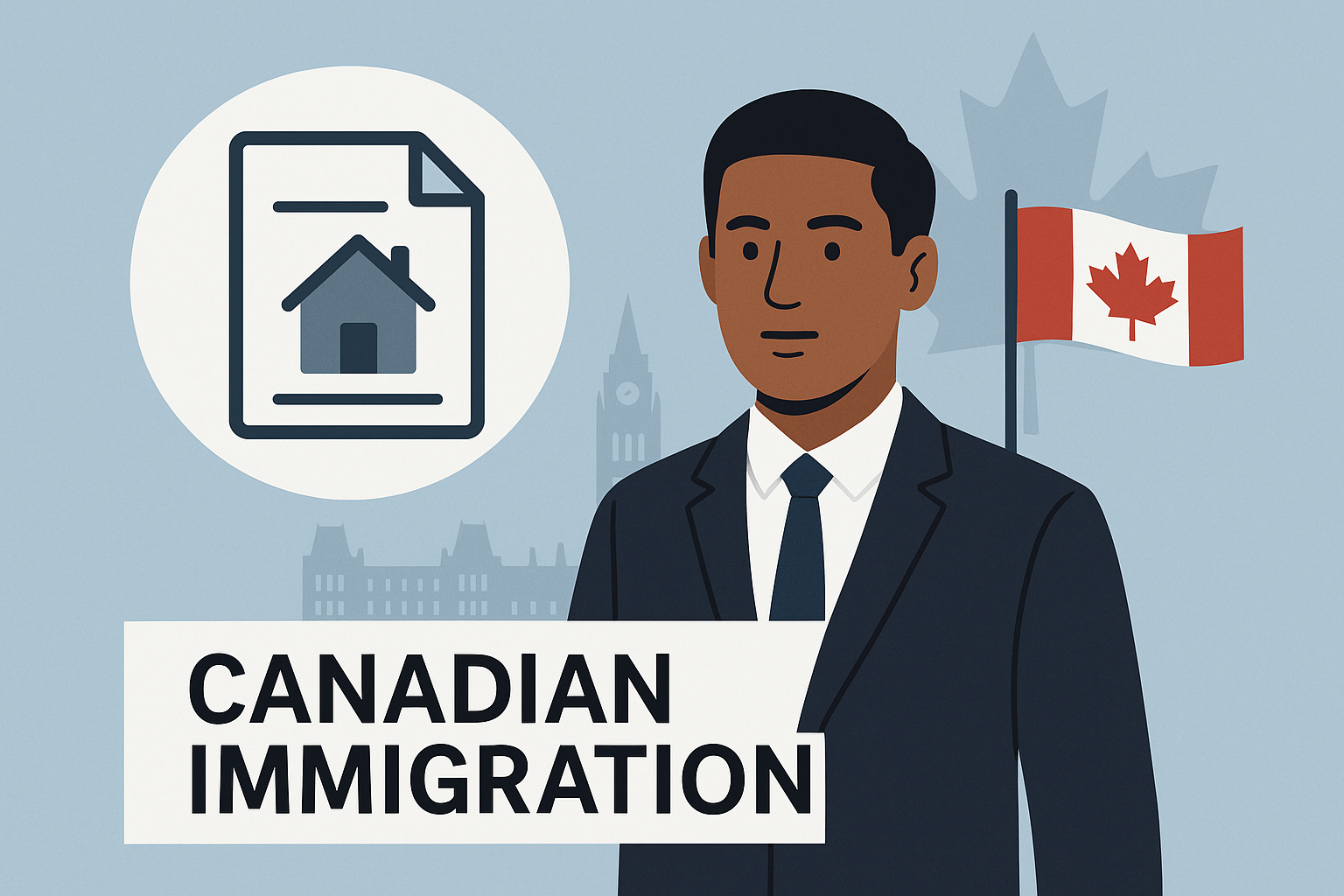
IRCC’s Program Delivery Instructions now allow protected persons and their family members to apply for study permits from within Canada after arrival regardless of whether a PR application has been filed, improving access to education and administrative clarity. This is a guidance update only—statutory eligibility criteria still apply and processing volumes may rise.
Soheil Hosseini
November 17, 2025
Jurisdiction
Federal
Week
Week 47
Impact
Moderate
Programs Affected
IRCC updates guidance to allow protected persons and family members to apply for study permits after entering Canada
IRCC has updated its program delivery guidance to clarify that protected persons and their family members may apply for a study permit from within Canadaregardless of whether they have applied for permanent residence.
Summary: IRCC’s internal instructions now explicitly permit in‑Canada study permit applications by protected persons (recognized refugees) and their family members after they enter Canada, removing any dependence on PR application status and streamlining access to education. The update appears in IRCC’s Program Delivery Instructions under “Study permits: Making an application – Who can apply from within Canada.” IRCC notes these instructions are policy, procedures, and guidance used by IRCC staff and are posted online as a courtesy to stakeholders.
Date of update: 2025-11-17
Source: IRCC (Program Delivery Update; content reference dated November 13, 2025)
Programs affected: Study Permit; Refugees
Urgency: Important What’s changed
- The instructions now state that protected persons and their family members can apply after entering Canada, whether or not a PR application has been filed. Why it matters
- Positive impacts:
• Improved access to education and faster integration for protected persons and their families.
• Administrative clarity for applicants, schools, and counsel on in‑Canada eligibility.
• Family unity benefits, as eligible family members are included.
- Potential challenges:
• Higher application volumes may affect processing times.
• Need for clear communication so applicants understand that standard study‑permit requirements (e.g., letter of acceptance, admissibility, and other eligibility criteria) still apply.
• Institutions and settlement agencies may need to adjust advising and intake processes. Context
- This is a program delivery guidance update, guiding officers’ decision-making. While it expands who may apply from within Canada, it does not alter the underlying statutory criteria for issuance of a study permit. Closing
This clarification offers a practical pathway for protected persons and their families to pursue studies sooner after arrival. Stakeholders should review IRCC’s updated instructions and adjust policies and messaging to accommodate the change.
Tags: IRCC, Canada immigration, study permit, refugees, protected persons, in-Canada applications, immigration policy, international students, family members, program delivery update
Categories
Share This Post
Stay Updated with Immigration News
Get the latest updates on Express Entry draws, OINP invitations, policy changes, and more delivered to your inbox.
We respect your privacy. Unsubscribe at any time.
Related Articles

IEC in‑Canada printing
IRCC will continue to allow eligible International Experience Canada participants already in Canada who apply for a subsequent IEC work permit while holding a valid IEC permit to have their application examined and their work permit printed and issued in‑Canada. This measure (IEC under IMP R204(d) – C21) remains in effect until further notice, reducing the need for flagpoling but only applying to subsequent IEC applicants.

IRCC OWP-V Guidance
IRCC updated program delivery instructions for Open Work Permits for Vulnerable Workers (R207.1‑A72), clarifying evidence standards, procedural fairness, officer interview guidance, invitations for missing documents, and IME requirements. OWP‑V applications must be filed from within Canada (not at ports of entry or IRCC offices abroad); removal of the 5‑business‑day contact rule and expanded interview/documentation steps aim to standardize decisions but may affect predictability and processing times.

IRCC PAL/TAL Update
IRCC’s 2026 PAL/TAL guidance adds a new exception exempting master’s and doctoral students at public DLIs from the PAL/TAL requirement, consolidates Quebec-specific guidance, updates 2026 validity periods and sample formats, and removes certain ORG ID tracking entries. The update also links to 2026 Ministerial Instructions and strengthens PAL/TAL authenticity checks using provincial/territorial reports.

IRCC Sudan PR Guidelines
IRCC issued guidance under a temporary public policy to facilitate family-based permanent residence for Sudan conflict-affected foreign nationals via the H&C stream. The instructions apply only to applications received on or after Feb. 25, 2025 (guidance posted Jan. 30, 2026).